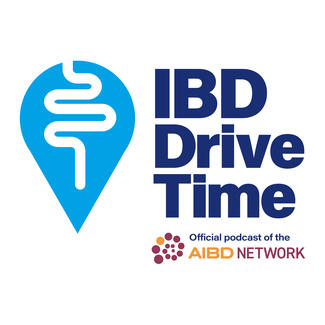Undiagnosed Spondyloarthritis Common Among IBD Patients
A multicenter study published in Arthritis Care & Research has found that a significant number of patients with inflammatory bowel disease (IBD) may have undiagnosed spondyloarthritis (SpA), the most common extraintestinal manifestation of IBD. The findings highlight the potential value of implementing targeted screening tools to improve SpA detection and guide timely referral to rheumatology.
Researchers administered 2 validated SpA screening questionnaires—the Detection of Arthritis in Inflammatory Bowel Disease (DETAIL) and the IBD Identification of Spondyloarthritis Questionnaire (IBIS-Q)—to 669 consecutive patients with IBD across 6 US academic medical centers. Patient demographics, IBD characteristics, and rheumatologic history were extracted from medical records.
The cohort had a median age of 40 years (IQR 30–54) and a median IBD duration of 12 years (IQR 6–22), with most patients experiencing moderate to severe disease. Although 81 patients (12%) carried a known diagnosis of an inflammatory rheumatic disease and 75 (11%) had seen a rheumatologist in the past year, screening results indicated a broader prevalence of musculoskeletal symptoms.
Using published thresholds, 27% screened positive with DETAIL, 40% with IBIS-Q, and 41% with either tool. Axial symptoms were more frequently reported than peripheral complaints. “A substantial proportion of patients with IBD have symptoms suggestive of SpA,” the authors noted, emphasizing the extent of musculoskeletal involvement beyond currently documented cases.
The majority of screen-positive patients had not been evaluated by a rheumatologist in the past year. “Notably, 189 out of 275 (69%) screen-positive patients had neither a documented inflammatory rheumatic disease diagnosis nor a visit with a rheumatologist,” the study stated.
Of the 2 tools, IBIS-Q appeared to be more sensitive, identifying more patients with potential SpA than DETAIL, suggesting it may be a more effective instrument for broad screening within gastroenterology clinics.
“The IBIS-Q questionnaire appears to identify more potential SpA cases than DETAIL,” the authors concluded. They advocate for strategies to prioritize rheumatology referrals for screen-positive patients, particularly those reporting axial symptoms and lacking previous rheumatologic assessment.
These findings underscore the importance of proactive musculoskeletal screening in IBD populations. Integrating brief questionnaires like IBIS-Q into clinic workflows may facilitate earlier SpA recognition, improve interdisciplinary care coordination, and ultimately enhance long-term outcomes for patients with IBD.
Reference
Ermann J, Hong SJ, Stahly A, et al. Frequency of spondyloarthritis symptoms among us patients with inflammatory bowel disease: a cross-sectional multi-center study. Arthritis Care Res (Hoboken). 2025;77(6):777-784. doi:10.1002/acr.25493






















